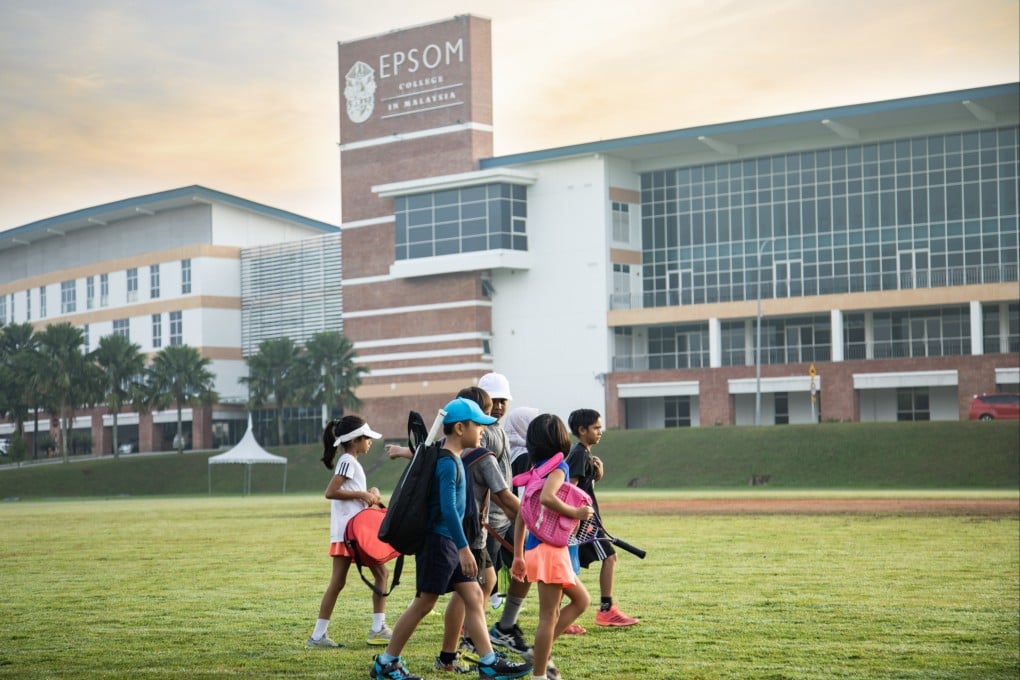The Best of British, in Asia
- Some leading UK boarding schools have set up stand-alone campuses in Asia, with the same curriculum, ethos, quality of care and amenities but with some modifications
- Such schools allow a holistic approach to learning, well beyond the classroom, while students form strong bonds and learn how to be self-reliant

Hong Kong-based parents of a certain background have long been drawn by the attractions of the British boarding school system. While the initial parting from their children may be a wrench, choosing this path promises some clear benefits.
These include good teaching, high standards, excellent facilities, and the chance to enjoy all kinds of new opportunities. Being in such an environment also gives young people the chance to acquire the personal skills and attributes – self-reliance, social confidence, reasoned thinking, fluency of expression, and the ability to adapt – that will stand them in good stead wherever they go and whatever they decide to do in the future.
Securing admission to a school in Britain remains a popular route. However, in recent years, a “same but different” option has entered the reckoning, with some of the UK’s leading boarding schools setting up stand-alone campuses in Asia.
Essentially, they offer the same curriculum, ethos, quality of care and amenities as are available at their partner school in the UK, but with a few modifications and additions to meet local expectations.
And with such schools springing up in or close to major cities in China, Thailand, Malaysia and Japan, parents now have an increasing range of possibilities to take into consideration.

For those in the SAR, Harrow International School Hong Kong has a spacious campus in Tuen Mun and around 300 weekly boarders among its 1,500-strong student body.